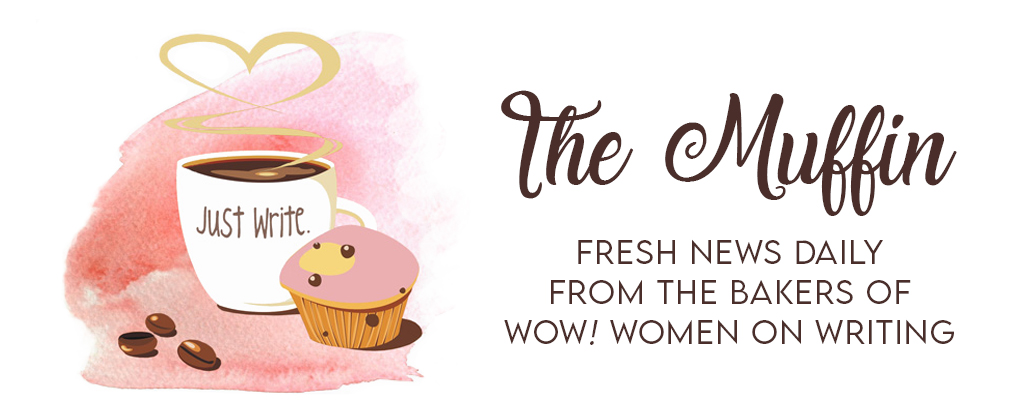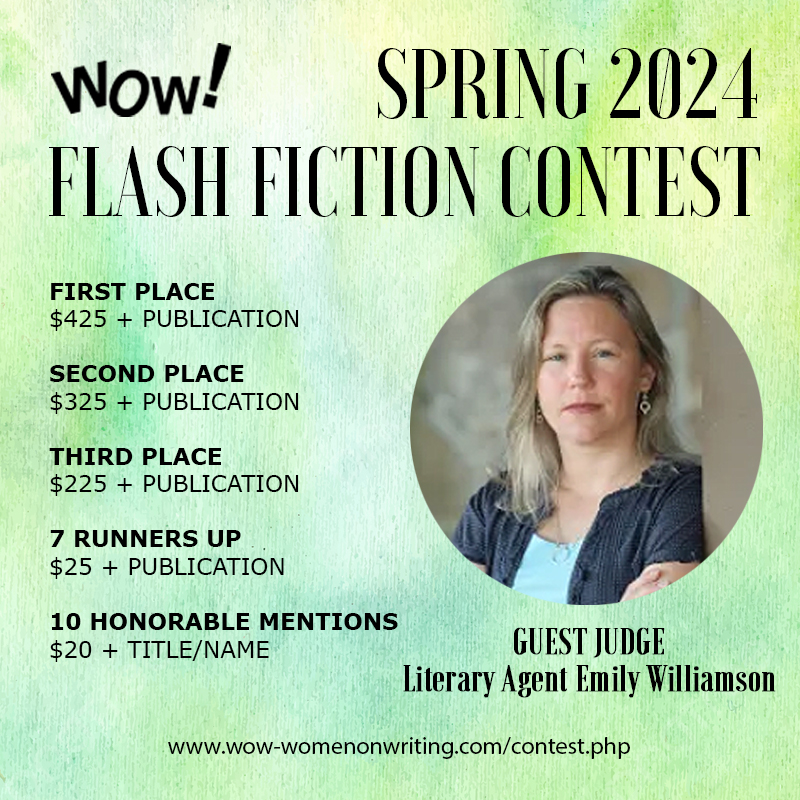The rise of digital publishing has completely changed the landscape of how we consume content. That e-books have surpassed and continue to surpass the sales of hardcover books has been newsworthy more than a few times this year. Most people, even industry professionals who ten years ago were prematurely mourning the ways in which digital publishing would make paper books obsolete, agree that digital publishing has actually revived publishing. It’s given non-readers a whole new platform for reading, and it’s proven that certain demographics—older women and professional men—are in fact buying more books than ever.
The question of whether it’s helping or hurting authors, however, is a little more nuanced. I’ve previously made the case for why all authors want to publish paperback versions of their books. And publishing a digital version simultaneous to a paperback version is status quo for traditional publishers at this stage of the game. So where the nuance comes in really has to do with e-only publishing. I only advocate e-only (by which I mean you opt to publish a digital but not a print version of your book) in very specific scenarios:
1. You're a business owner looking to build visibility for yourself and your business and you publish an e-book to use primarily for promotional purposes.
2. You’re an already well-known author who has a big following and want to publish something short and sweet (in the 5,000- to 10,000-word range) for your readers—and you know they’ll come.
3. You’re publishing a few chapters of a longer book in an e-only format several months (but no more than a year) before the full print (and digital) book is released for the purposes of gauging readers’ interest and/or building buzz for the bigger book.
4. You’re in the business of producing quick e-books as products, making use of key words to encourage impulse buys in what closely approximates a get-rich-quick scheme.
The above reasons are good reasons to publish digital formats without a print counterpart. All of them have to do with increasing visibility (i.e., growing your platform) or making money.
You can make good money with e-books, but only if you follow the low word-count model. If you have a traditional-length book (60,000–100,000), that’s a book you want to see in print. Because Amazon essentially forces authors to price their e-books at $9.99 or less, the vast majority of authors aren’t making big bucks off of their e-books (unless they’re a scenario #2 author, like Stephen King or Ann Patchett).
By the time you’ve written 60,000 to 100,000 words, you’ve put a lot of work into your book. I’ve worked with a lot of authors who’ve trimmed down their 100,000-word books to 80,000 and published the other 20,000 as Kindle edition books. Smart business!
The only way to make digital publishing work for you is to use it in tandem with print publishing. Digital publishing isn’t hurting authors, unless they don’t understand that it’s supplemental. E-publishing has not surpassed print publishing, and it will be a good long while before it does.
If being an author is part of your long-term goal for yourself—whether exclusively or in conjunction with what you already do—you need to value print publishing as king and use digital publishing to your advantage. Yes, I’m pretty much saying honor the former and use the latter. When you make digital publishing work for you, it will never harm you, but if you start to believe that it’s anything more than a stepping stone, or perhaps a quick way to make a few bucks (when you do it right), then it can be detrimental to your long-term publishing goals.
***
About the Author:
Brooke Warner is founder of Warner Coaching Inc. and publisher of She Writes Press. Brooke’s expertise is in traditional and new publishing, and she is an equal advocate for publishing with a traditional house and self-publishing. What’s Your Book? A Step-by-Step Guide to Get You from Inspiration to Published Author is her first book, and she’s honored to be publishing on She Writes Press.
Find Brooke online:
www.warnercoaching.comwww.shewritespress.com
www.facebook.com/warnercoaching
twitter.com/brooke_warner
www.pinterest.com/warnercoaching














9 comments:
I don't think the rise of ebooks has completely changed how people read. The majority of the population does not have tablets. Even many of those who do actually prefer physical books. I once saw the results of a survey of users on a gaming site--young people who spend hours each day on a computer, so just the sort you'd expect to love ebooks, right? Nope. I expected the dominant answer to be "I don't read," but it was actually "I only read paper books."
That's why publishing in paper is so important. And if you have a publisher to do it for you, terrific. The problem is that if you self-publish, like I do, the costs of printing can be prohibitive. It's a lot of work to format a physical book. And then you have to price it much higher than your ebook to make any money. I had to price my 80k YA novel at $11.99 just to make 60 cents per copy...whereas I can price the ebook at $4.99 and get 3 bucks each with 70% royalties through KDP, PubIt!, and Kobo Writing Life. And then people don't buy many copies online. You have to get them into bookstores, and most will just laugh in your face if you show up to negotiate without a big publisher behind you.
My world has been in the magazine industry working as a freelance writer. This foray into fiction and writing a novel is new to me. Articles like this, and the comment above, are so educating for me. I read with eyes wide open. It certainly is a new game out there, but the dream of producing a book-- cover, pages, a shelf space at a bookstore--is an aroma I can't quit thinking about. Thanks for the information.
I agree completely. E-publishing plus POD (print-on-demand) is the only model likely to survive the great publishing shakeout. If the big NY publishers don't get a clue soon, they will be eclipsed.
@T.K. I think you're right, and yet the statistics show that ereaders have changed the way people read. Regardless, I agree with your point about the importance of paper!
@Julie. Thanks for your comment! Good luck. And thanks for your comment, too, @Lorna!
I think sometimes we get so caught up in "the newest trends" because we hear the Cinderella stories--someone who was making less than $5000 a year freelancing and trying to sell their manuscript to an agent or publisher and then they took control of their destiny, self-published e-books, and are making six figures. (I actually know someone who did this!) However, we must look at the facts which is what Brooke is helping us do here. My friend writes YA paranormal, is a marketing genius, and has two series with the start of a third. Her audience LOVES ebooks, buys impulsively and quickly, and doesn't have a lot of money (teenage girls!). However, my book audience currently is middle-grade readers, their parents, grandparents, and teachers--this is not an ebook audience, and I would be silly to publish ebooks only. As a matter of fact, my small publishing company doesn't do any ebooks for the kids books yet. I feel like I am rambling. . .what I am saying is Brooke has some great points about looking at your audience and your reasons why you want to self-publish ebooks. Make sure your readers will want ebooks and be able to read them! :) Whew, I think I need a nap!
Ha. Thanks Margo! I appreciate the support!
I agree that you probably need both, but I also agree that a print book can be cost prohibitive for some authors.
As for ereaders/tablets changing people's reading habits - I don't know that it has changed mine, EXCEPT I sure am willing to take a chance on a book that sells for 99 cents or is free. I may not have taken that chance if I had to buy a print copy.
I have to respectfully disagree. In my experience e-books are the bread and butter of my income, and I keep producing paper copies out of a desire not to lose my fans who haven't switched over. I have a certain loyalty to paper books, you might call it nostalgia, but when it comes to royalties? For every $100 I make from paperback I make more than $2000 in royalties from e-books. If it was a strictly a business decision I wouldn't produce paperbacks. The pay out just isn't there.
Post a Comment